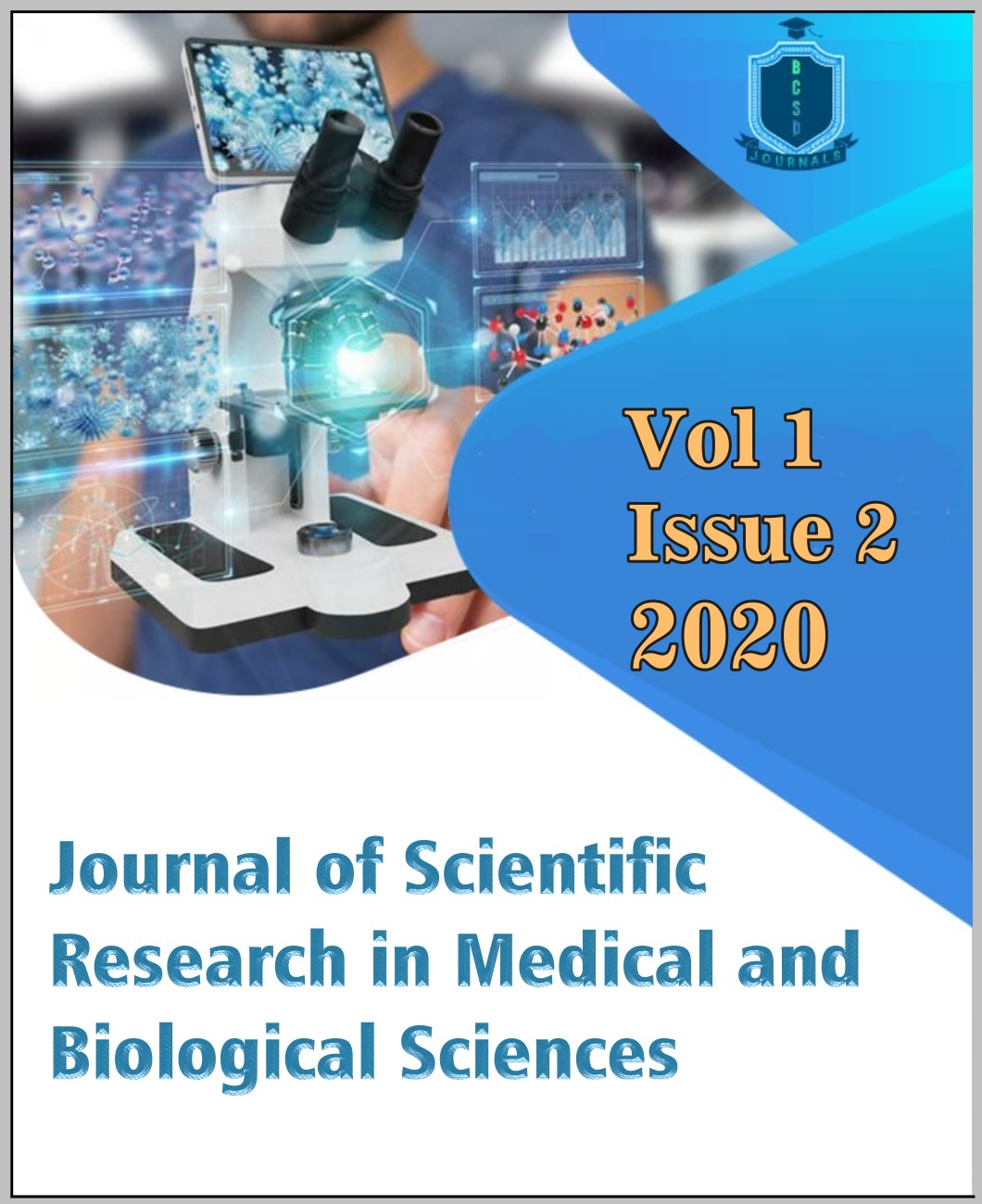
Journal of Scientific Research in Medical and Biological Sciences
Yazarlar: Mathieu Nahounou Bleyere, Jean-Baptiste N'Guessan Oussou, Jean Paul Aristide Amani , Paul Angoué Yapo
Konular:-
DOI:10.47631/jsrmbs.v1i2.44
Anahtar Kelimeler:Women,Newborns,Haematology,Biochemistry,Nutrition,Abidjan
Özet: Purpose: The objective of this study is to compare the hematological and biochemical parameters in women with those of their newborns in order to assess the impact of the nutritional status of the former on the latter. Study Design: A cross sectional and prospective study. Subjects and Methods: The study was conducted on 83 women who came to give birth in the hospitals of Abobo Sud (from April 3 to 20, 2017) and Yopougon Attié (from December 19, 2017 to January 18, 2018). The recruitment was based on their consent and according to specific inclusion and exclusion criteria. The blood, taken from the elbow’s vein of the women in labor and in the umbilical cord after childbirth, is put in suitable tubes for the assays of the blood parameters. Results: The results showed that 29% of women in childbirth and 41% of newborns were anemic with the occurrence of almost all forms of anemia such as Normochromic Normocytic Anaemia (ANN), Normochromic Microcytic Anaemia (ANm) and Hypochromic Normocytic Anaemia (AHN), in both groups. The glycemia and lipid parameters studied as well as the atherogenicity indices were increased in women during childbirth, unlike newborns. Regarding hepatic and renal parameters, no significant differences were observed in total proteins, Alanine aminotransferase (ALT) and total bilirubin between women and newborns. However, the other parameters such as creatinine, Aspartate aminotransferase (AST) and conjugated bilirubin were elevated in newborns. As for the blood ion levels, the results showed high levels of calcium and potassium in newborns and high levels of chlorine in women. Conclusion: Women nutritional status significantly influences that of their newborn babies.